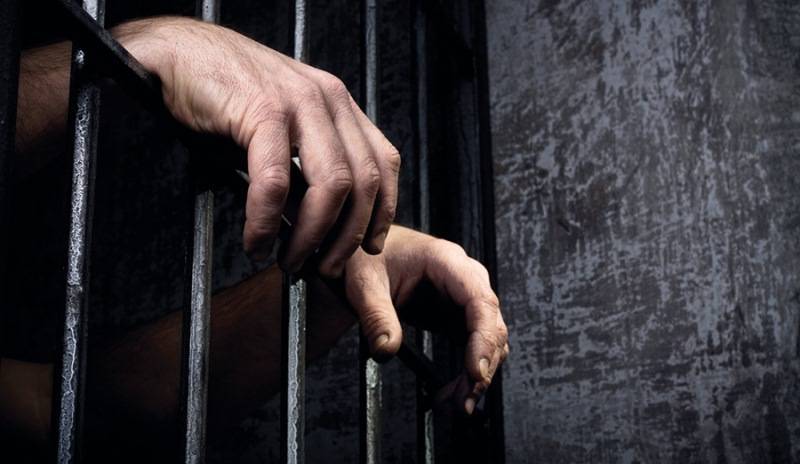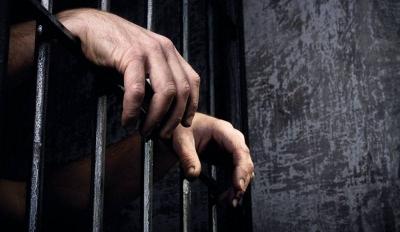As the clashes between Hezbollah and Israel expand, posing a significant threat to the southern suburb of Beirut and rendering it unsafe for residents and detainees alike, especially following the recent Israeli strike on the Haret Hreik area, security agencies have been compelled to develop and implement an "emergency security plan" to evacuate all prisoners from detention centers in the southern suburb and transfer them to relatively safe facilities shielded from expected Israeli strikes.
**The Anticipation and Planning Phase**
In the southern suburb, there is a palpable sense of anticipation among families awaiting Iran's response to the targeting of Tehran and Hezbollah's response to the assault on the southern suburb, amidst widespread fears that Israel might target the southern suburb again in retaliation. This situation has prompted security agencies to devise an "emergency security plan," which was executed in recent days. This plan involved transferring all detainees from areas within the southern suburb, such as Mraijeh, Haret Hreik, Ouzai, Bir Hassan, and Burj Brajneh, to Roumieh Prison in the Meten district, particularly as the movement of local residents toward safer areas has increased.
According to security sources for "Al-Modon," following the assassination of Hezbollah leader Fouad Shakir, the Internal Security Forces devised a plan to evacuate all detainees from the southern suburb and transfer them to Roumieh Prison in Meten or to Al-Qube Prison in the north, out of concern for the potential expansion of the conflict and another attack on the southern suburb. The sources confirmed that the plan was implemented days ago, with approximately one hundred detainees transferred to Roumieh, leaving detention centers in the southern suburb empty of prisoners.
In southern Lebanon, as military events developed, security agencies evacuated all detainees from all police stations and centers in the region. According to security sources for "Al-Modon," around 120 prisoners were also transferred to Roumieh and Al-Qube prisons in northern Lebanon.
**Overcrowding Crisis**
However, this plan has exacerbated the overcrowding crisis in prisons. This crisis already rendered detention centers in Lebanon unfit for human habitation and ineffective in their roles related to social reform and judicial justice. According to "Al-Modon" sources monitoring prison conditions, the overcrowding has exceeded reasonable limits, leading to an unprecedented health crisis, with widespread bacterial diseases such as cholera and typhoid, as well as common skin infections. Additionally, there has been no improvement in health conditions concerning food and contaminated water, not to mention the constant power outages. Government and private hospitals have been refusing to accept patients from the inmates, and the Health Affairs division in the Internal Security Forces has been deficient in its duties. This has shifted the burden of medical care onto families, who are now expected to cover medical expenses for their relatives in hospitals. This situation has intensified with the "influx" of new prisoners and detainees into these centers.
In this context, Raeda Al-Suleh, Vice President of the Families of Detainees Committee, explained in a special interview with "Al-Modon" that "the psychological state of the prisoners has become very difficult. The transfer of prisoners from the southern suburb to Roumieh Central Prison has generated significant psychological pressure on the inmates, without considering the capacity of Roumieh prison buildings and the lack of basic living necessities. She pointed out that the repercussions of this plan could be serious in the upcoming period and require study and attention from all angles, especially since the prisoners struggle to obtain necessary medical care and access their monthly medications, a situation that could lead to chaos within the prisons due to the psychological pressures they face."
While the plan developed by the Internal Security Forces is a good initiative given the deteriorating security conditions, it also carries a kind of band-aid solution that could worsen the already acute crisis in the prisons. The need today lies in establishing parallel plans and sound frameworks to address the looming danger according to "Al-Modon."




